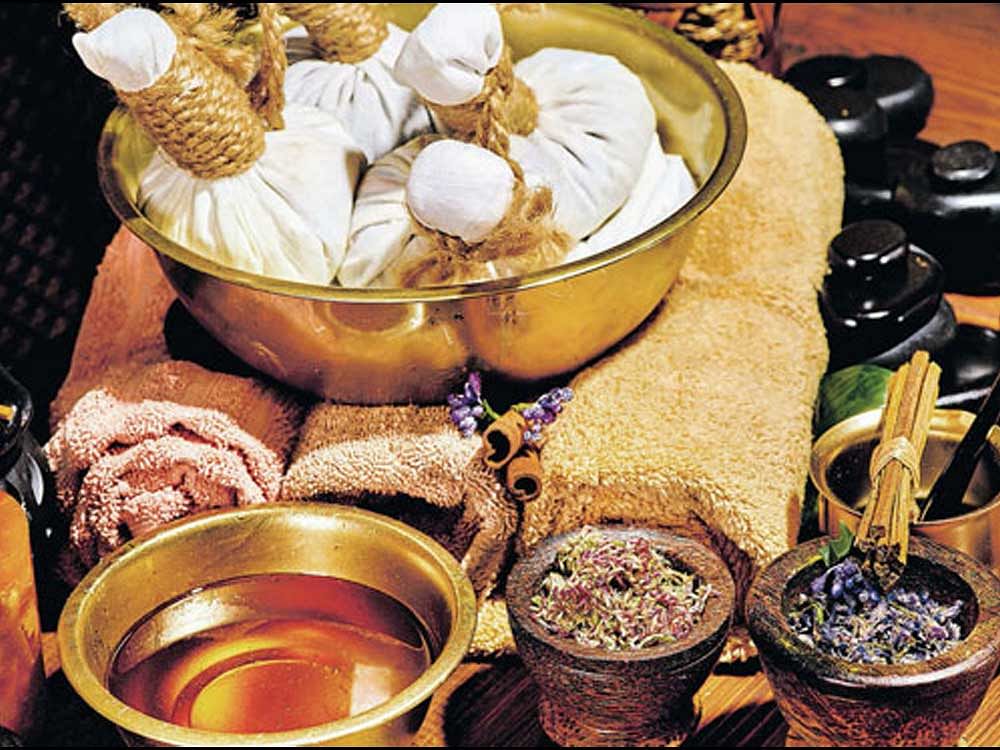
People with chronic diseases try Ayurveda after failing to get relief from modern medicine and nearly 76% of them receive partial or complete alleviation, says India's first big data analysis on the ancient medical system.
Data from 107,000 patients show the commonest reason for people to seek Ayurvedic help is diseases of the digestive system followed by endocrine (diabetes/obesity/thyroid disorder), skeletal (mostly women) skin, respiratory and nervous system disorders.
More than 80% of the patients who opted for Ayurveda treatments suffered from chronic diseases for more than one year. Even with mostly chronic diseases, the effectiveness of the treatment was obtained in more than 75% of the cases. Only in 0.9% cases, the condition aggravated.
“Ayurveda has little scientific documentation and no big data analysis. Our study for the first time show interesting patterns and proves its potential for use in preventive healthcare,” team member Samir K Brahmachari, one of the prominent Indian biologists and former director general of Council of Scientific and Industrial Research told DH.
For the analysis, researchers from CSIR and All India Institute of Medical Sciences joined hands with doctors at Faridabad-based company Jiva Ayurveda and Oxynet Medical Private Limited, Delhi.
Jiva manufactures Ayurvedic medicines besides running an institute on Ayurveda research, 40 odd clinics and a tele-medicine network on Ayurveda.
From nearly 380,000 patients who accessed the tele-medicine network and visited the clinics, about 107,000 data was chosen for the analysis. “To define the treatment efficacy, we have 10 parameters. Also, regular tests are carried out before and after the treatment,” said Pratap Chauhan, another team member and one of the senior researchers at Jiva.
Those who seek help in the tele-medicine link are being provided the medicine by the company.
In more than 58% cases, the patients reported “little improvement” whereas in 14% cases it was “significant improvement” and in 3.6% cases, the patients reported “condition relieved.” In 23% cases, the patients said 'no relief', the scientists reported in the latest issue of the journal Progress in Preventive Medicine.
“The study shows if people come early for Ayurveda treatment, they would get better relief. We also have standardised diagnostic protocols for 25 diseases,” Chauhan said.
In India, there are about 700,000 registered practitioners of traditional medicine (majority in Ayurveda) but medical delivery in most of the traditional medicine set-up is either oral or paper-based without any digital footprint, inhibiting establishment of Ayurveda's efficacy.
“Ayurveda's popularity is mostly through word of mouth. There is no systematic study to tell us what kind of people seek treatment for what kind of diseases. The big data analysis can provide an unbiased look into the trend,” commented Mitali Mukherjee, a senior scientist at the Delhi-based Institute of Genomics and Integrated Biology, who was not directly involved in the study.
